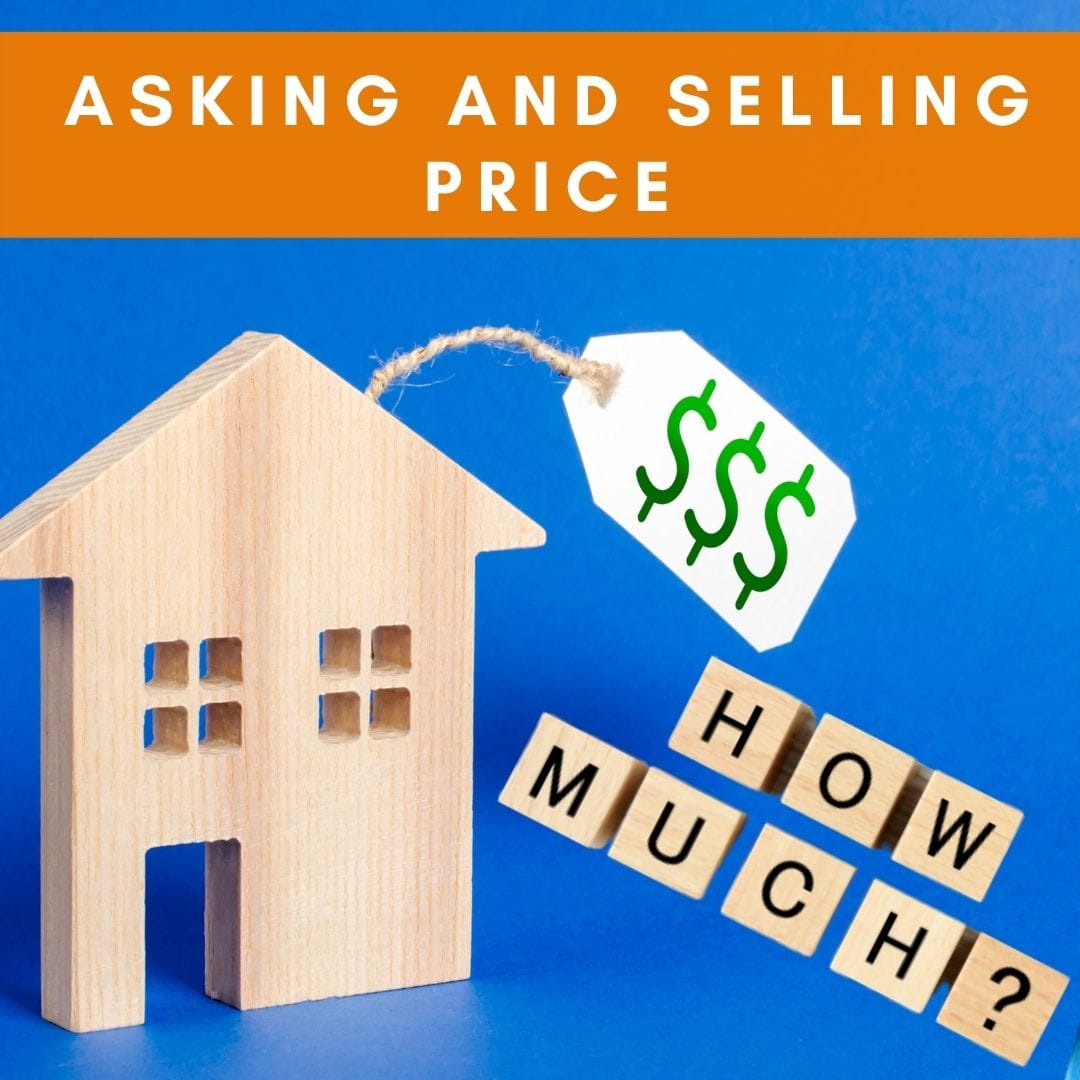Asking Price and Selling
Selling a home is a big step for every home seller, and one of the most decisive questions is how to determine the asking price

Avoid The Following Mistakes When Setting The Asking Price On Your Home
Selling a home is a big step for every home seller, and one of the most decisive questions is how to determine the asking price and not alienate potential homebuyers but still get the most out of the sale. It can be hard to stay objective given that pricing seems so subjective, but certain parameters are used to keep track of fair market values that can help sellers attract a significant number of homebuyers. However, determining the right price requires in-depth knowledge about the real estate market, which is why sellers should always work with a real estate agent to benefit as much as possible from the sale. Here are the two biggest mistakes sellers make when pricing their home and what can be done to do it right.
Pricing the home too high
Overpricing one’s home is often seen in the real estate market, and some of the consequences are that the home may sit for too long in the market or you may be forced to sell way under market value at some point or even have to take the listing off the market. Many sellers believe that there is no harm in selling the home at a price above market value, as they firmly believe that they can always lower the price if need be. However, what happens is that the value of properties decreases the longer they are on the market. Potential homebuyers rather move on to looking at new properties after a few weeks and skip the older ones. Therefore, pricing the home right from the beginning will help you draw the target group of homebuyers when it matters the most- the first two weeks your home is on the market.
Pricing the home too low
While overpricing happens far more than underpricing, some GTA sellers hope that pricing the home under market value will give them the needed attention and cause people to enter bidding wars over their listing. In reality, this only works in specific circumstances. Under-priced homes usually make homebuyers believe that there could be something wrong with the home or that the seller cannot sell the home for good reason, so they often avoid such listings. On the other hand, in the current market in the GTA, with demand being high and supply scarce, sellers do not need to underprice their homes to get multiple offers. So, pricing your home at market value at this point can still get you to sell over asking, given that 2021 started out with record-high sales and home prices.
How to determine a fair market value?
Working with a real estate agent can make your selling process easier and smoother. Besides helping you with administrative tasks, home preps, and the marketing strategy, a real estate agent can also help you define the right asking price. What most real estate agents do is rely on a Comparative Market Analysis (CMA) to figure out the fair market value of your home. A CMA means gathering data on the prices of homes similar to yours (i.e., similar in size, location, amenities, etc.) that are either still selling or were sold recently (in the past three months or so).
Conducting a CMA has become a standard practice among realtors. It is an efficient tool, so if you want to know what your home is objectively worth, you will need to find out how it compares to other similar homes under the current market conditions. Register here to find out more.
While other things such as the condition of the home can also affect the selling process, pricing the home wrong remains the main reason why a home is not selling. This fact indicates how important it is to come up with the right price, and not only at some point along the way but from the very beginning while potential home buyers are the most interested.
For more info on selling your home and how you can make the best out of your sale, contact Manoj Kukreja here.
